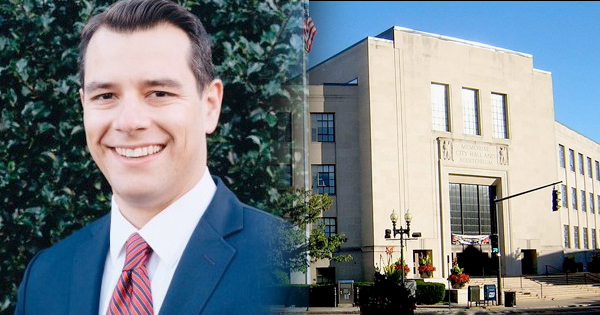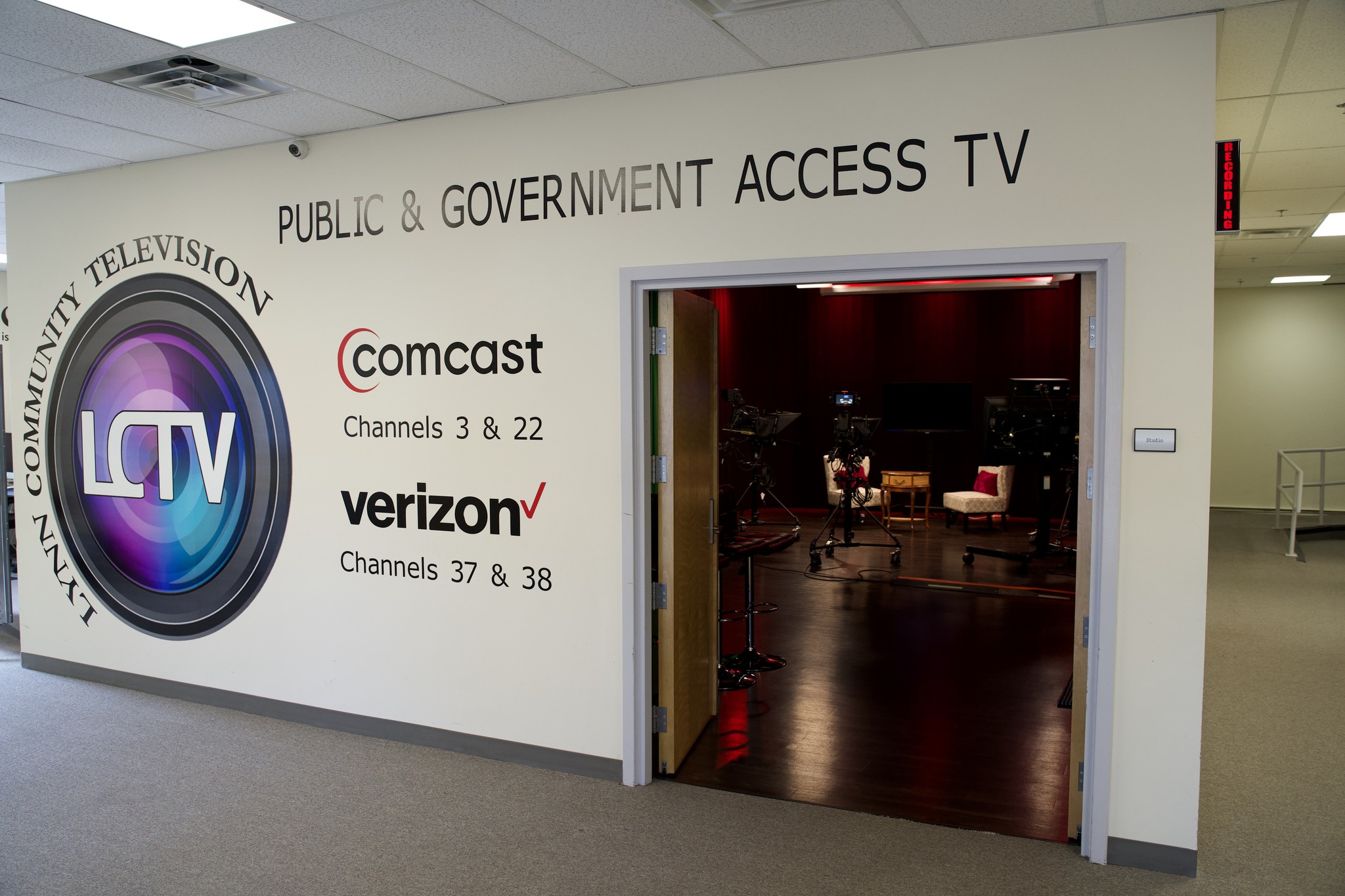
Mayor Jared C. Nicholson presented to the City Council last Tuesday an economic development zoning package that features an inclusionary zoning ordinance requiring affordable housing units to be included in all new multifamily housing development in the City. The ordinance was developed in response to recommendations put forth in the Housing Lynn, the Housing Production Plan that was approved late last year.
“Addressing the high cost of housing has been a priority for our administration from day one,” Nicholson said. “Inclusionary zoning is an important tool for us to use as we implement the Housing Production Plan. We’re grateful to have been working closely with Council Vice President Buzzy Barton, the City Council’s liaison to the Housing Production Plan Implementation Working Group, throughout this process.”
The inclusionary zoning ordinance requires 10 percent of new units in a development to be offered at 60 percent of the Area Median Income (AMI). Development projects may receive some portion of parking relief by meeting affordability requirements.
If a developer wanted to make a payment in lieu of any required on-site whole units due to special circumstances, they would need the specific approval of the City Council. In-lieu payments for whole units will be set at a higher rate in the downtown and waterfront areas to promote on-site affordability.
In June, the City secured a $3 million payment to the affordable housing trust from Second Street Properties, which is planning a 218-unit mixed-use project at 811 Lynnway. The developer agreed to the payment even with no inclusionary zoning ordinance yet in place.
The state’s new MBTA Communities’ guidelines initially capped the percentage of units at 10 percent and requires that they be offered at no lower than 80 percent AMI, but the City advocated for the 60-percent threshold and will be set to receive state approval, based on a feasibility study that indicated the market can support it.
“We have been working toward this for several months and I’m pleased to see it come to fruition,” said Nicholson, who noted that in addition to the Housing Production Plan, the zoning package was developed with input from a variety of stakeholders, including housing advocates/residents, developers, the Planning Department, Lynn Housing Authority & Neighborhood Development, EDIC/Lynn and the Housing Production Plan Implementation Steering Committee.
The economic development component will encourage new development and economic opportunities within the innovation economy, with a focus on life sciences, Nicholson said. Investment in commercial and industrial facilities will be supported, with the goal of creating greater access to job opportunities for Lynn residents.
“We want to grow in a way that is good for developers, businesses, the City, and our residents,” Nicholson said. “Balanced growth will serve to take pressure off residential taxpayers.”
The inclusionary zoning ordinance requires that affordable housing units have design and construction that is the same as the market-rate units. It will apply to all new development and rehab projects that create new residential units. Individual, single-family homes are exempt.
The economic development component will preserve land uses for industrial and commercial uses in order to maintain a robust industrial sector in the city, while establishing zoning use categories around the creative economy to support growth.
“This package will help us create more housing opportunities and good jobs,” Nicholson said. “It introduces an economic development and housing strategy that together seek to maximize economic opportunity and mobility.”
The next step for the Planning Board and City Council is to set a public hearing on the zoning package, with Dec. 13 as the target date.
The above press release was submitted to us by Mayor Nicholson’s office.
If you have a news story that you would like to share, please contact us via email or call 781-780-9460.

